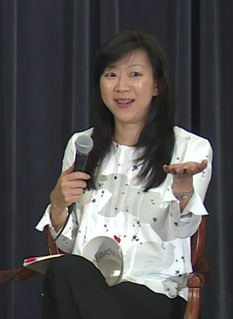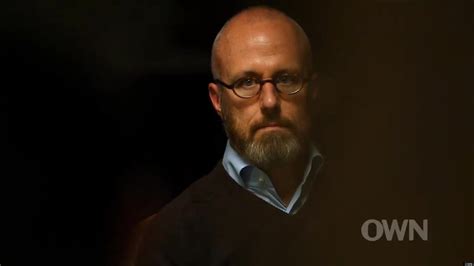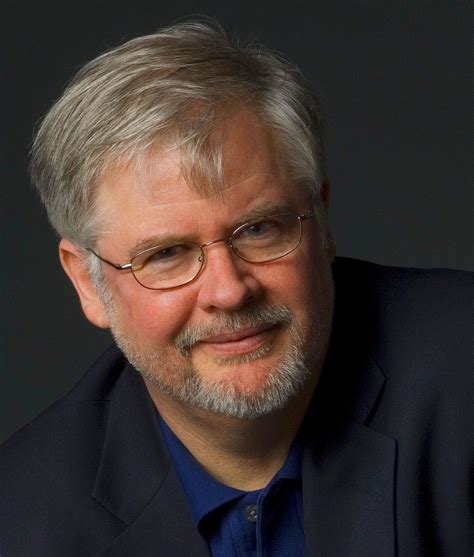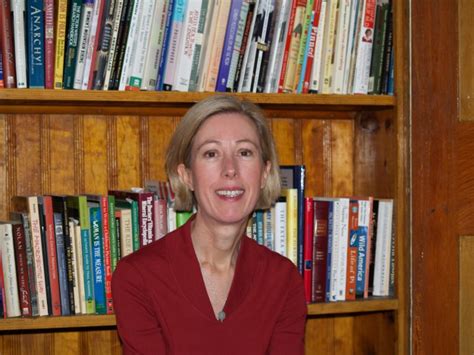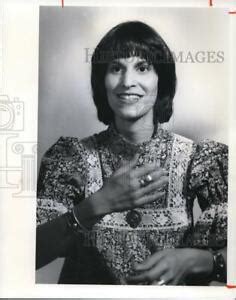A Quote by Monica Youn
When you think about the concept of infertility, for example, it's not just medical; it's a repository of so many personal and societal meanings - religious, legal, sexual - encompassing mortality and sin and family and eternity.
Related Quotes
If a bunch of activists want to create the concept of "gay infertility" and then tax all the rest of us to compensate them for the fact that they can't have babies, then that's gonna happen. You haven't missed anything yet. I'm just teasing you as to what's coming. Gays now think it's not fair they can't have babies, so they're calling that "infertility," and it will require mandatory health insurance because of it. Yeah, I know they're not infertile but that doesn't matter; they can't have babies.
The sexual act - thinking about the sexual act, the telling about the sexual act, after the sexual act, is so much more important than the actual sexual act - just in time. It's like of the whole sexual act, you probably spend 95% of the time thinking about it, talking about it afterwards. The actually sexual act, especially when you're 17, is minutes.
I think Bergman's films have eternal relevance, because they deal with the difficulty of personal relationships and lack of communication between people and religious aspirations and mortality, existential themes that will be relevant a thousand years from now. When many of the things that are successful and trendy today will have been long relegated to musty-looking antiques, his stuff will still be great.
For other people who are involved in unrepentant sin whether it's the sin of homosexual sexual expression or gluttony or pride or heterosexual sexual expression outside of a monogamous heterosexual marriage or any other thing - are those people in danger of losing their salvation over those issues? Would Rob Gagnon and other people make as big a deal about that as they are with this? I don't think so.
The first several scenes are about sexual addiction. They're not specifically political at all... I didn't sit down and think, ''I am going to write something about the religious right.'' I started out by writing something about sexual addiction, and it evolved... I don't look at a calendar and say: ''Oh! There's going to be an election in 1996. I think now, in 1993, I'll start writing a play that'll be ready for it.''
In our 'don't just sit there, do something' culture, when we get sick we are supposed to become characters in a heroic medical narrative that conceals the remorselessness of pathology, the intractable fact of human vulnerability, and the inevitable inadequacies of medicine. To many of the participants in the medical drama, aggressive treatment - even when it fails - represents a quasi-religious quest for immortality and meaning.
Whereas in America we are so fearful of mortality, we don't want to talk about it, we don't think about it, and in many ways we treat elderly people as invisible because they are a constant reminder of our own mortality. We put them away and put them in retirement homes so we don't want to deal with that.
Talking about sexual morality, I wouldn't agree that it's declining, but it's certainly changing. Young and old, we are very much in the process of taking a fresh look at the whole issue of morality. The only decline that's taking place - and it's about time - is in the old puritanical concept that sex is equated with sin.
